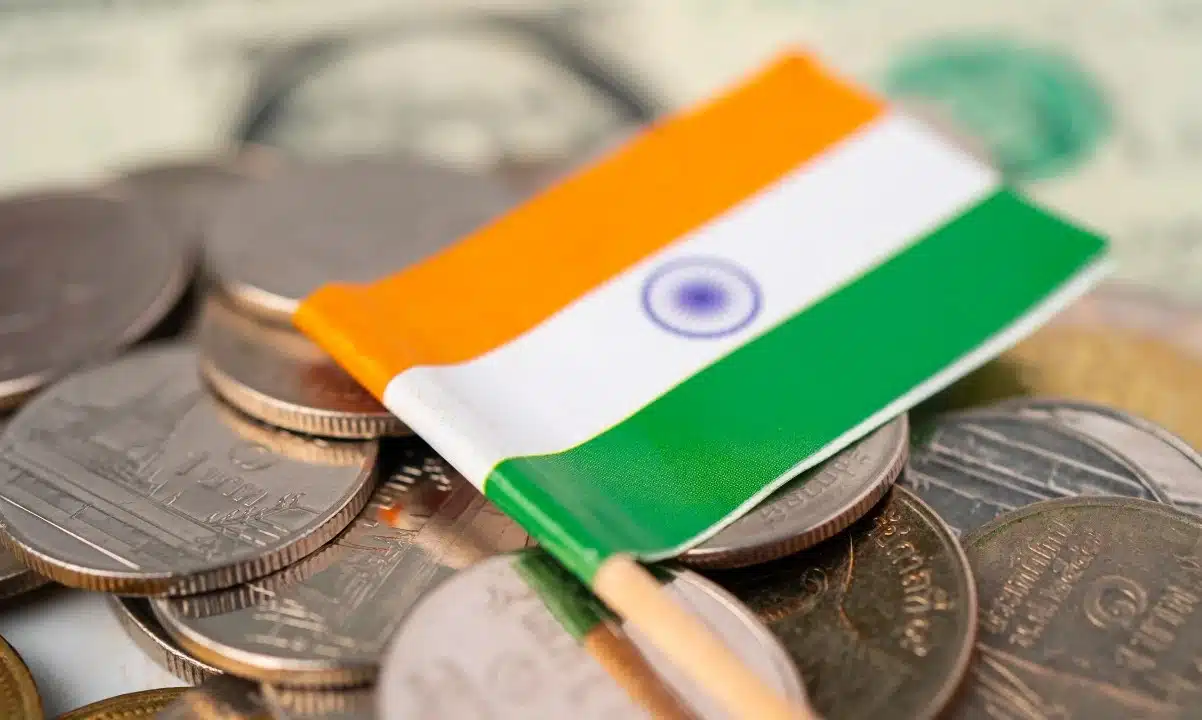- India strengthens digital rupee plans, reducing reliance on private cryptocurrencies.
- Piyush Goyal highlights traceability, speed, and sustainability of digital currency.
- Government prioritizes RBI-backed CBDC as crypto taxation discourages private use.
India plans to accelerate its central bank digital currency rollout, Union Minister Piyush Goyal announced during a government event in Doha. According to an ANI news agency report, he explained that the digital rupee will simplify transactions, reduce paper use, and enable faster payments. The currency will offer higher traceability than traditional banking systems, he added.
Goyal reiterated that the government discourages private cryptocurrencies, despite not banning them outright. He observed that such crypto assets face heavy taxation to deter widespread adoption.
The minister further disclosed that India is unlikely to adopt sweeping crypto regulation, as that could effectively lend legitimacy to the sector, according to a government document cited by Reuters.
Since late 2022, the Reserve Bank of India has been piloting its CBDC project, dubbed the digital rupee. Although still in trial stages, the project signifies India’s intent to prioritize state-backed digital money over speculative crypto assets.
Also Read: 7 Ways XRP Is Already Integrated Into the SWIFT Network
Cryptocurrencies face stiff policy headwinds
India’s approach stands in sharp contrast to countries embracing crypto innovation. The government’s stated aim is to channel digital payments through a more controlled infrastructure. With the digital rupee, monitoring and accountability will increase. Meanwhile, private tokens will remain under heavy fiscal pressure.
This strategy may align with concerns about money laundering and financial stability. It also reflects confidence in the state’s ability to control the monetary landscape. Private digital currencies retain freedom to exist, but only under burdensome tax codes.
India leads global crypto adoption
Despite policy barriers, India has ranked first globally in crypto adoption for two years straight. It outpaced peers in retail usage, institutional services and decentralized finance, according to Chainalysis. The contrast between grassroots crypto interest and government reluctance is stark.
By reinforcing its CBDC commitment, India signals a long-term preference for state-issued digital money. The government continues to tilt policy against private crypto assets with fiscal levers.
Also Read: Sui Gains Investor Confidence as Market Momentum Grows
